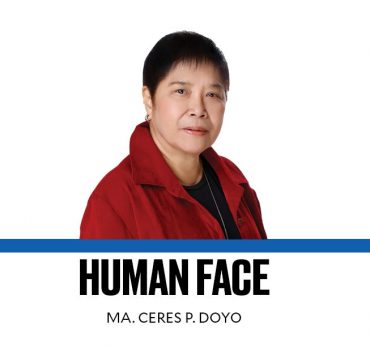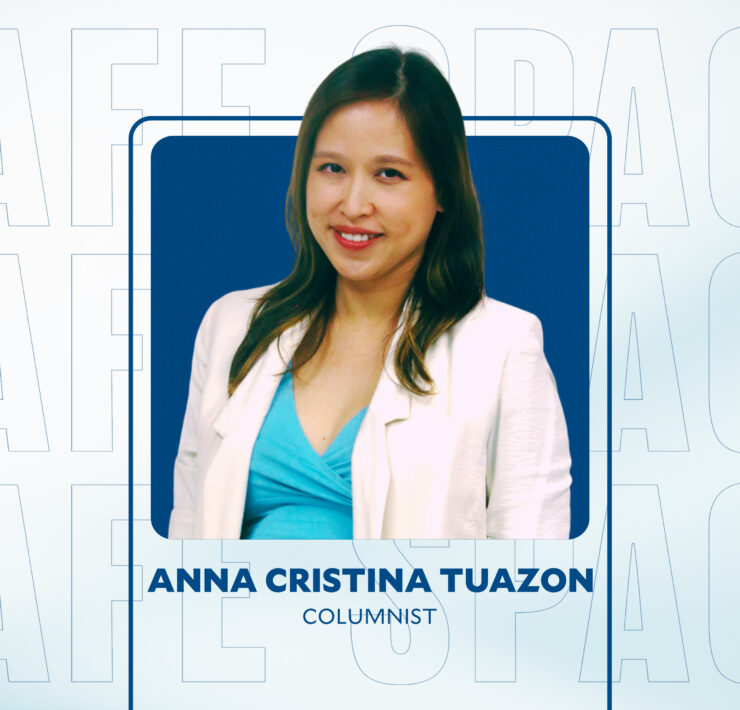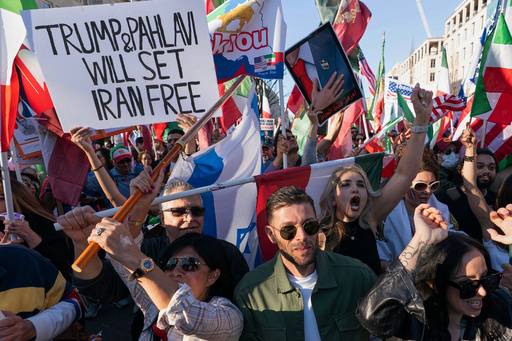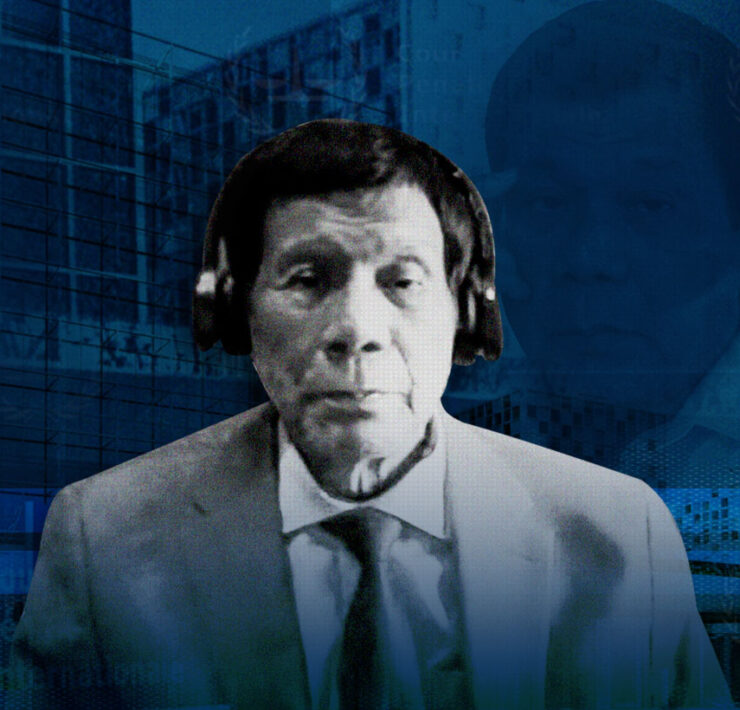Red flag remains on press freedom

One might be forgiven for thinking that Red-tagging has passed like an ill wind, its stink wafting away even as its progenitor, former president Rodrigo Duterte, is now awaiting trial at The Hague for crimes against humanity.
After all, didn’t the Supreme Court declare in its May 2024 ruling that linking an individual to the communist movement constitutes “threats to a person’s right to life, liberty, or security,” surely an edict that no Constitution-abiding government can ignore?
The Quezon City Regional Trial Court has meanwhile ordered Lorraine Badoy-Partosa, former spokesperson for the National Task Force to End Local Communist Armed Conflict (NTF-Elcac), to pay journalist Atom Araullo P2.07 million in civil damages for “abusing” the right to free speech when she—and fellow operative Jeffrey Celiz—accused Araullo of supporting the communist insurgency without evidence. Celiz has reportedly applied for asylum in Canada in a bid to escape a slew of civil suits and congressional inquiries on fake news and misinformation.
Alas, such high hopes that the country has finally abandoned Red-tagging as unofficial policy to muzzle critics, including journalists, were shattered by reports that additional charges had been filed against detained community journalist Frenchie Mae Cumpio over the deaths of two soldiers in a 2019 ambush.
Exposing rights abuses
Cumpio has been detained since Feb. 7, 2020, for alleged illegal possession of firearms and explosives. Along with charges of financing terrorist groups, she could face up to 40 years in prison. She and another rights worker were arrested for exposing rights abuses in Eastern Visayas, the human rights group Karapatan said.
In a statement last week, Reporters Without Borders (RSF) said the military had “quietly” submitted a report linking Cumpio to the ambush of the two soldiers in a “remote locality more than seven hours by road from Tacloban,” where she was residing at the time.
That ambush was “unlikely,” given that Cumpio was already under surveillance by the military as part of a “preliminary investigation … that led to her arrest a few months later,” said the Paris-based nonprofit advocating press freedom and the safety of journalists worldwide.
According to RSF, Cumpio “had no official knowledge of these murder charges until just a few months ago,” even though local courts had issued warrants for her arrest on Sept. 7, 2020, and Aug. 6, 2021, for the death of the two soldiers.
The case of 26-year-old Cumpio easily recalls that of former senator, now Mamamayang Liberal party list Rep. Leila de Lima, who was detained for almost seven years but was finally cleared after drug felons and other dubious witnesses recanted their testimonies.
Planting of evidence
Trumped-up charges and the planting of evidence by state operatives have been used to justify extrajudicial killings in the anti-illegal drugs campaign under Duterte. The former president himself admitted to planting evidence on suspects as part of his “strategy as (Davao City) mayor and leader of a law enforcement agency in the city” in a House hearing in November 2024. Could his lieutenants do any less?
The RSF described as “unsubstantiated” the charges against the then executive director of the community-based news outlet Eastern Vista, another indictment on the country’s “difficult” state of press freedom. The Philippines ranks 116th out of 180 countries in the 2025 RSF World Press Freedom Index.
Disappointingly, for all his chest-thumping stance about following the rule of law, President Marcos continues to support the NTF-Elcac and has even increased its budget three-fold in 2025, allotting P7.5 million for the task force’s Barangay Development Program. The amount however is much smaller than in previous years.
Global attention
Not surprisingly, Irene Khan, United Nations special rapporteur (UNSR) on freedom of expression and opinion, has called on the Philippine government to scrap the anticommunist body, as “(i)t intimidates and chills freedom of expression… (Its) abolition will both address some
critical drivers of ‘Red-tagging’ but will also allow this administration to modernize peacebuilding approaches based on a changing political landscape.”
Khan urged President Marcos, through an executive order, to denounce the practice and set out clear measures to “discourage, disincentivize, and discipline” those who violate the policy.
Cumpio’s case is also being closely monitored by the Media Freedom Coalition, a global partnership of 51 countries working together to promote press freedom around the world. Deputy Ambassador of the Embassy of the Netherlands to the Philippines, Robert van der Hum, recently visited Cumpio in her jail cell.
As Cumpio’s case is getting global attention, helping reinforce the country’s reputation as one of the riskiest places for journalists, the justice department should seriously review the charges filed against the community journalist and stop the mysterious machinations happening in her case.





















Political thicket